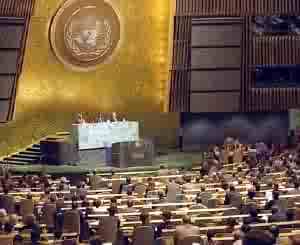Summary of a Scale Perspective on Energy
Urgency of an International Energy Protocol
There are several converging factors that call for an international agreement regarding optimal scale for energy production and use:
- Our most abundant, flexible and energy intensive fuels (oil and gas) are approaching peak production in the next decade or two
- Continued use of any fossil fuels threaten global climate stability and many regional ecosystems
- Transition to renewable energy sources will take decades and considerable financial resources
- Current energy use is grossly inequitable
- Renewable energy sources will not be as productive as fossil fuels (i.e. they have a lower EROI). Nuclear energy and “clean” coal technologies also have a much lower EROI.
- The level of energy use we have become accustomed to may not be possible due to the lower EROI of renewables.
- The level of energy use we have become accustomed to may not be desirable from an Optimal Scale perspective
- Ecologically and socially sustainable energy use will not be possible unless more equitable energy use is achieved.
Undesirable Consequences of Ignoring the Energy Issue
There is no doubt that an international agreement for the optimal scale of energy use will be an extremely difficult negotiation. Without such an agreement we are faced with:
- Increasing international competition for finite energy resources (including the use of military force)
- Continued degradation of global life support systems
- Increasing inequities and injustice
- Weakening of democratic institutions and the rise of totalitarianism.
One Small Step
Currently there is little call for such an international agreement, and governments are unlikely to act without considerable pressures from civil society. A small is being taken by the Association for the Study of Peak Oil which is proposing the development of a Kyoto style international agreement regarding oil depeletion.1
References
1http://www.odac-info.org/bulletin/DepletionProtocol.htm